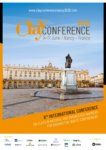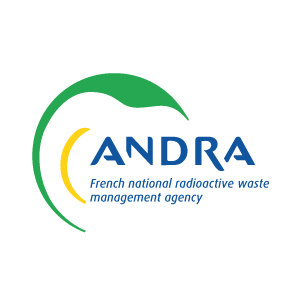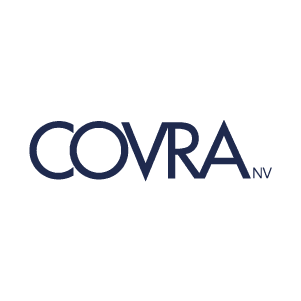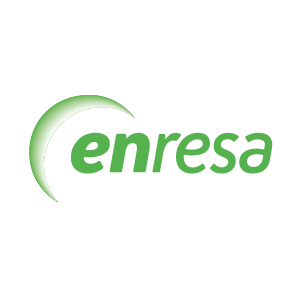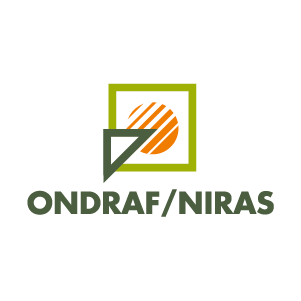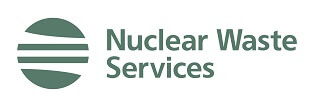8th International Clay Conference
13th June 2022 to 16th June 2022
Postponed due to Covid-19 in 2020, the 8th International Conference on Clays in Natural and Engineered Barriers for Radioactive Waste Confinement is to be held from 13-16th June 2022 in Nancy, France.
For more information and to register, please visit the dedicated conference website: www.clayconferencenancy2022.com
In a number of countries, clays are being considered as the potential host rock for geological disposal of radioactive waste. Also, the use of compacted swelling clays as an engineered barrier component is envisioned within the multi-barrier concept in a wider range of host rocks, such as bentonite-based backfill material for different rock options or repurposed clay rock material especially for clay host rocks.
The current world situation with regard to geological disposal now includes countries such as Finland, where a geological repository is under construction; Sweden and France, where geological repository projects are well advanced (site selection, licensing application process); countries such as China, where underground research laboratories are being constructed, and countries such as the UK, Germany and Japan that each now have a structured siting strategy.
Multi-disciplinary approaches covering geology, mineralogy, geochemistry, rheology and the geo-mechanics of clays and clay rocks are required in order to ensure detailed characterisation of geological host formations and surrounding geology and of their confinement properties. These must also assess the behaviour of engineered and natural barriers with time, from the repository operational phase to post-closure phase in the long term, when subjected to various types of perturbations induced by the construction, operation and evolution of such disposal facilities, including natural events.
Due to the timeframes of such projects and programmes, the scientific and technical knowledge require sharing, adequate Human Capacity Building and in depth Knowledge Management.
The Clay Conference, which is being held for the 8th time since 2002, has established itself as an ideal forum for presenting recent developments in repository design and construction, and the main findings of research – both at the national and international level – in the context of long term safety assessments. Considering design, construction, operation and post-closure, the Conference provides a unique networking platform for sharing scientific and technological knowledge. This involves gathering together experienced specialists and newcomers from various disciplines related to clays, as well as scientists and technicians from organisations engaged in radioactive waste disposal or in other uses of the subsurface in which clay barriers play an important role.
The programme will feature a balanced mix of high-level keynote speeches, concurrent oral sessions and poster presentations, with ample time for informal contacts and lively discussions. It will cover a wide range of topics related to natural argillaceous geological barriers and clay-based engineered barrier systems, including laboratory experiments on clay samples, in situ experiments in underground research laboratories, mock-up demonstrations, natural analogues, numerical modelling, system integration approaches and monitoring. The program will emphasize the work of young research students and young members of organisations involved in radwaste management.
The programme will emphasize the work of young research students and young members of organizations involved in radwaste management.
The conference is organised by Andra (France), in cooperation with Nagra (Switzerland), COVRA (The Netherlands), NUMO (Japan), NWMO (Canada), ONDRAF/NIRAS (Belgium), PURAM (Hungary), RWM (United Kingdom), SKB (Sweden), SURAO (Czech Republic), US DOE (USA), East China University of Technology (China), BGE/BGR (Deutschland) and Enresa (Spain).
Overviews
Topic 1: Disposal projects and programmes, including RD&D programmes for clay-based disposal system (geological medium and/or engineered barriers) worldwide
Characterisation and modelling of undisturbed clay-based systems
Topic 2: Geology, Hydrogeology and hydro-geochemistry
Topic 3: Fluid (Water, gas) transport and solute migration
Topic 4: Hydro-mechanical properties
Characterisation, conceptual understanding and modelling of host rock and repository interaction processes with time
Topic 5: Hydro-mechanical and gas transport processes during the excavation, operational and post-closure phases (from near-field to far-field)
Topic 6: Temperature-induced effects (THM and C coupled processes)
Topic 7: Chemical processes, including microbial effects
Topic 8: Fluid flow and radionuclide migration
Topic 9: Mechanical, geochemical and hydraulic impacts triggered by long-term external geodynamic processes (natural events such as climate evolution, erosion, seismic hazards…)
Disposal construction and operation, long-term performance and monitoring for clay-based disposal systems
Topic 10: Technological operations and performance assessment of components
Topic 11: Monitoring (from initial state to post-closure and from sensors to data management)
Topic 12: Digitalisation/Building Information Modelling (BIM) and Knowledge Management
31st October 2021: Deadline for abstract submission – Extended to 15 November!
January 2022: Selection of oral papers and posters
February 2022: Notification to authors
March 2022: Conference programme
13 – 16 June 2022: Clay Conference
Conference flyer: here
Dedicated website: www.clayconferencenancy2022.com
Contact email: secretariat@clayconferencenancy2022.com
Related Documents
Clay Conference 2020 Flyer (Updated June 2020)
Description: Clay Conference 2020 Flyer (Updated June 2020)
Last updated: July 17, 2019


 Announcements
Announcements
